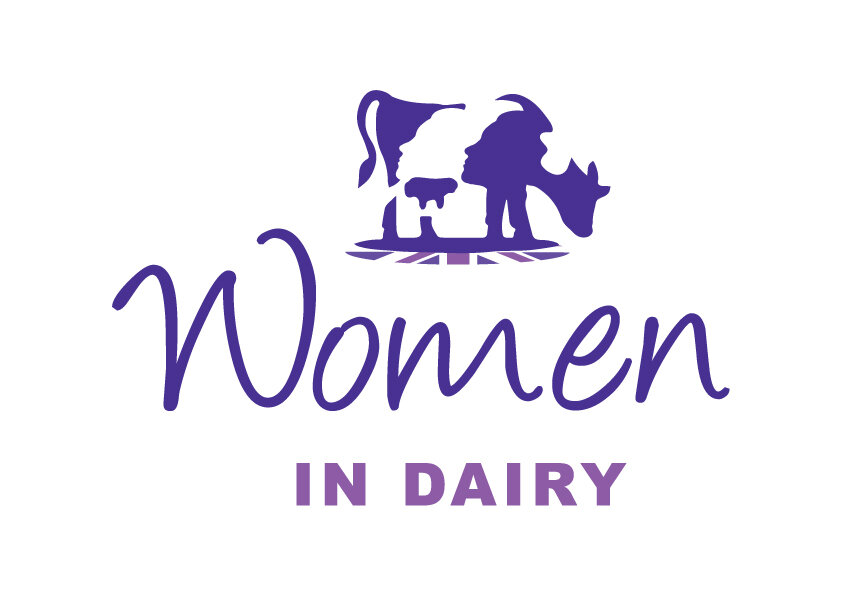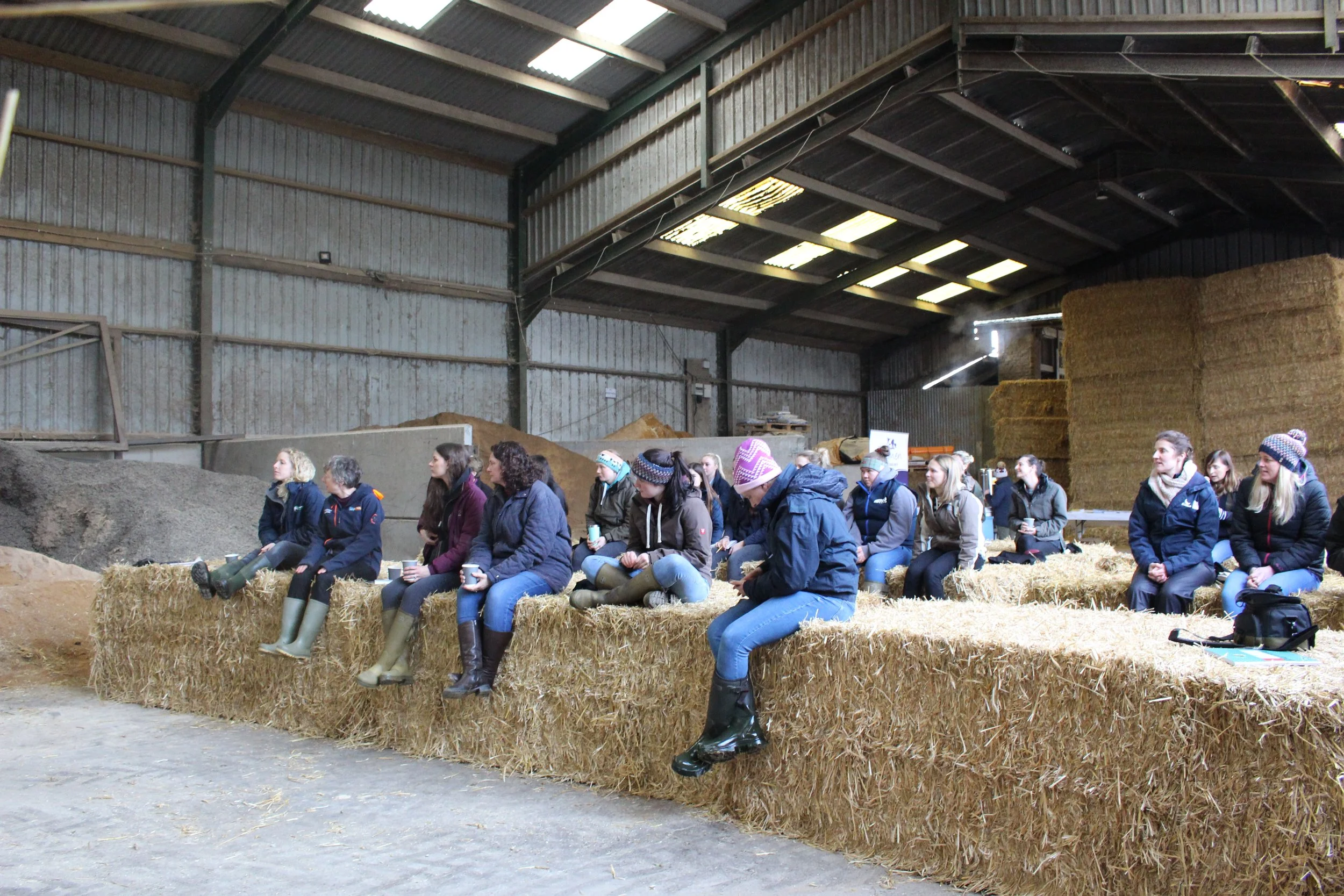From being a single mum and working five jobs to make ends meet to becoming the owner of many successful businesses, Dairy Link UK’s Barbara Griffiths has certainly had her fair share of ups and down. However, despite the bumps in the road, she has never given up, with sheer grit and determination leading to her success.
Speaking at the Women in Dairy Conference sponsored by HSBC this week (28 September), Barbara explained how her motivation to continue came from necessity in the beginning.
Having a ‘can do’ attitude
"I've always had a little bit of 'I can do it myself' attitude, and I think that's something that runs in the family. My grandma owned a sweet shop and two of my aunties had their own businesses, so I came from a family of very strong women.”
In 1998, a chance meeting with a former employer and colleague gave Barbara the first steps into the dairy industry, taking on a role as School Milk Facilitator for the School Milk Research Project. Although it was only on a ten-month contract, Barbara took the gamble and moved from the lift company where she was working.
"It meant I could work 10 hours a week less, but for more money. This allowed me time to work five other jobs to help make ends meet. I needed to keep my house; it was my children’s home and it was this necessity that drove me to do five jobs," she says.
At her lowest point, Barbara recalls the boiler bursting and having to heat pans of water for herself and her daughters’ every morning for school and work for around 9 months of the year over the winter months as she couldn't afford to have the boiler replaced, also borrowing oil filled radiators for heating.
Barbara's job as School Milk Facilitator catapulted her into the dairy industry. She was successful at what she did, helping work with dairies to get milk into schools.
Spurred on by a job she loves
"It was a job I found so rewarding and being able to help little children spurred me on. For example, some children were being sent to school without breakfast. You could see that their parents were doing their best, so the mid-morning milk scheme was a necessity for those children."
Since that first foray into the dairy industry, Barbara has dedicated her working life to helping facilitate milk in schools.
She worked for Tetrapak where she grew milk consumption in schools in England and Wales, and then went on to look after the education side of the business for ACC Milk Cooperative and then Dairy Farmers of Britain (DFOB). At DFOB, she was promoted to Head of Local Government Procurement completing and submitting all the Local Education Authority tenders for milk into schools.
Turning a negative into a positive
When DFOB went into receivership, Barbara was made redundant, but she used the opportunity to develop a much-needed service to help small dairies and milkmen to be part of big tenders for local authority and school milk contracts by setting up Dairy Link.
"Milkmen in Northumberland contacted me and asked if I would tender for them. So that was the start, and I slowly grew from there, with support from the supplying dairy and distributors.”
Battling the challenges
However, setting up her own business was not without its challenges. Over the first few years, Barbara admits the company struggled with several knockbacks and financial strains, eventually leading to her accepting a loan from a major competitor.
"I had an extensive knowledge of school milk and working with school caterers, so I knew I could make it work. But I still had a mortgage to pay and being dog-minded meant I didn't want anyone to get the better of me."
Barbara says she did tender after tender and had to jump through hoops, with many unsuccessful results. This was mainly because she had no ‘backing’ and history of trading, which was disheartening after the countless days she spent working on them.
However, the turning point came when she gained a place as a nominated supplier on a huge framework contract for TUCO (The University Catering Organisation) which then opened doors to several Local Education Authority contracts. That allowed her to grow the team and she now employs seven people. Following on from this in 2017 came the success of winning the Hertfordshire contract which was when she eventually received full recognition in the industry from many of her male counterparts. “I won the Hertfordshire Contract from Muller, which was quite an achievement for such a small business as ours”.
Today’s achievements
She now has contracts for a range of councils serving milk to 55,000 children daily and working with hundreds of milkmen nationally.
She has also since established a sister company, Milk4Life, which claims government money for free school milk. She also started a milk round in lockdown, bought a café in South Wales and is now starting a small business making Staffordshire oatcakes.
She adds: "There certainly have been many challenges over the years, but I've always been driven to succeed in business and life, trying to break down any barriers that I came across and to ensure that my daughters had a good future to look forward to”.
“My advice to anyone struggling is not to give up. Instead, sit down and examine what the positives are in your life, what money you need to bring in and focus on those positives and how you can get out of the mess.
"Many people may think they've lost, and things can spiral down. Don't go down that path. Keep your visions going and talk to people that can help you. Believe in yourself," she adds.








